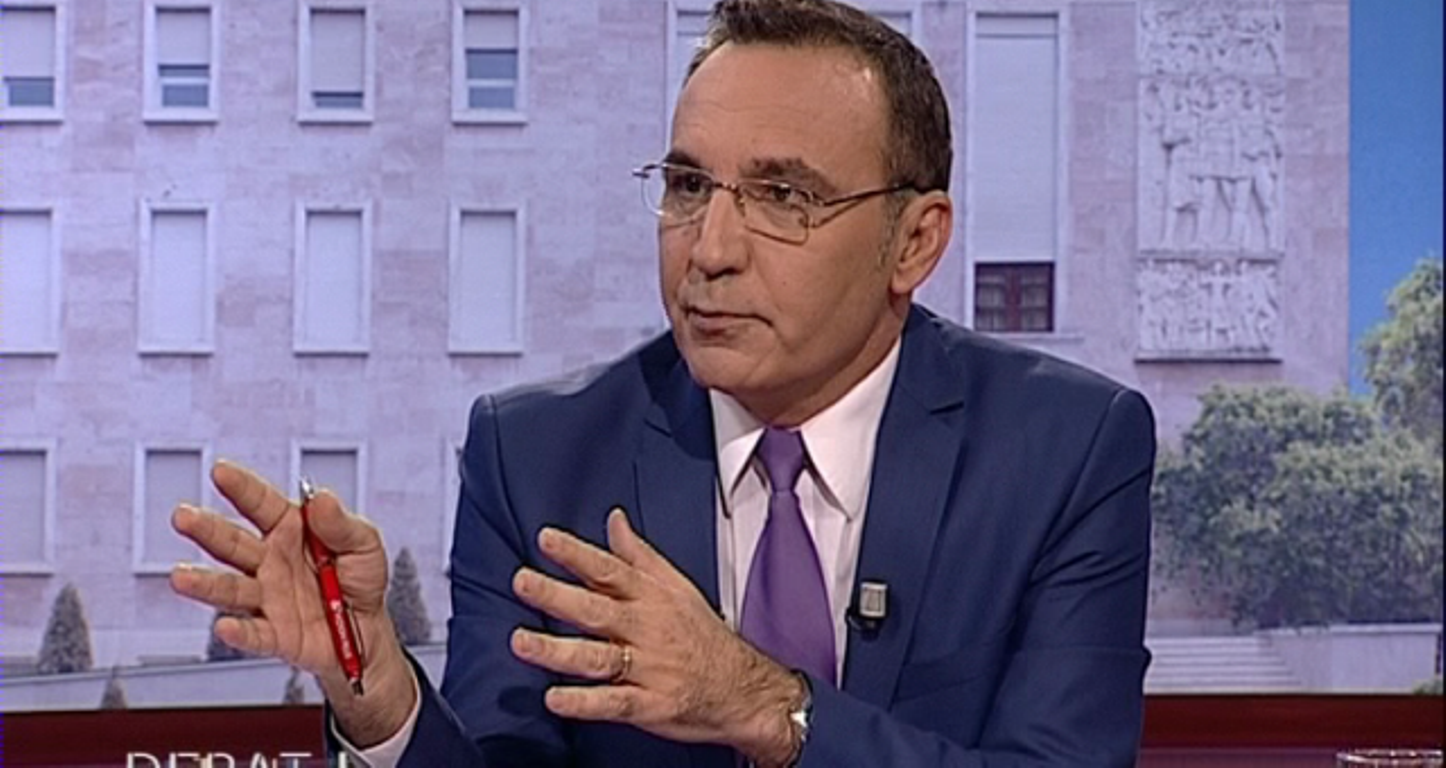
By Eduard Zaloshnja
This article has been written for Albanian Free Press newspaper and www.albanianfreepress.al
An International Monetary Fund (IMF) mission, led by Mr. Jan Kees Martijn, visited Tirana during April 25-May 6, 2019, for the second Post-Program Monitoring (PPM) discussions. PPM is a regular surveillance tool for countries with IMF credit outstanding above 200 percent of quota. PPM missions focus on vulnerabilities and risks to the repayment capacity to the IMF. At the end of the visit, the mission issued several conclusions.
Economic growth
Growth is expected to moderate in 2019 but remain close to 4 percent over the medium-term. This year, growth is projected to slow to 3.5 percent, owing to the base effect of record electricity production in 2018 and the slowdown in partner countries. In the medium-term, activity is expected to be driven by a pickup in EU growth, increasing labor market participation, a gradual strengthening of exports including tourism, and the investments needed to close Albania’s large infrastructure gap. However, IMF stresses that sustained development also hinges on improvements in economic governance, including in the rule of law and the fight against corruption.
Public debt
Public debt continues to be high at 69.9 percent of GDP (including arrears) at end2018, and it is projected to decline to 66.3 percent of GDP by the end of this year. At the current level of public debt and the deficit, fiscal policy has little room for absorbing or offsetting adverse shocks. Furthermore, there are fiscal risks from the increasing contingent liabilities, such as those related to public-private partnerships (PPPs).
In other words, IMF dismisses the argument provided by the Albanian government that it’s not using PPPs to increase public debt (by using money from the private sector for different projects and services).
Budget revenues
The IMF recommends the strengthening of the tax system by reversing measures that fragment and weaken the tax base and by levelling the playing field for businesses. In other words, IMF is unhappy with the preferential treatment that the government is offering to businesses. (For the purpose of comparison, this year, the revenues that Montenegro is expected to collect amounts to 42% of GDP, while revenues that will be collected in Albania are expected to account for 29% of GDP).
This is why the government is recommended to develop a medium-term revenue strategy covering both tax policy and administration. According to IMF, this approach should help to build consensus on revenue goals and on a comprehensive package of tax measures for achieving them.
Arrears
According to the IMF, in 2013, government arrears amounted to 650 million euros. In 2015 and 2016 they saw a sharp decline, but in 2018 they surged once again. According to IMF, these arrears undermine the business climate and trust in the government. We urge the authorities to ensure the full and timely payment of all validated new VAT refund requests from now on, disconnecting them from corresponding revenue flows. The IMF also welcomes the authorities’ plans to repay the outstanding stock of VAT refund arrears as soon as feasible (and for the most part within 2019). It is also important to take swift measures to strengthen commitment controls for investment projects to put an end to government payment arrears, in particular by the road fund.
PPPs
The IMF urges the government to make use of the recent amendments to the PPP law to limit the risks from PPP-related contingent liabilities and to ensure more consistent public investment management. This is important to protect the public finances and to help ensure value for money.
As the MOFE embarks on its new role as gatekeeper for PPPs, it will be essential to make sure it has the capacity to assess the risks and costs of these projects, particularly in the pre-feasibility stage. In this context, the Ministry should have access to all contractual information from lineministries (including for existing projects). Moreover, reversing the fragmentation of decision making in public investment management would greatly enhance costeffectiveness. We also continue urging the authorities to abolish the use of unsolicited proposals for all PPPs.
Albania Investment Corporation (AIC)
The IMF advises the authorities to revisit recent proposals for establishing the Albania Investment Corporation (AIC), to help avoid risks to the budget and to the integrity of the public investment management framework.
The draft law would allow the government to direct individual investment decisions, which could make the AIC an off-budget spending tool that risks eroding fiscal discipline and circumventing public investment management processes. In fact, this framework, according to IMF, should ensure that the AIC will operate on a commercial basis and at arm’s length of government. The law should affirm the independence of the AIC in operational decisions and in selecting individual investment projects. The AIC should also be subject to the Public Procurement Law.
Note: The views expressed in this article are the author's own and do not necessarily reflect Albanian Free Press’ editorial policy





 ALB
ALB
 ENG
ENG
